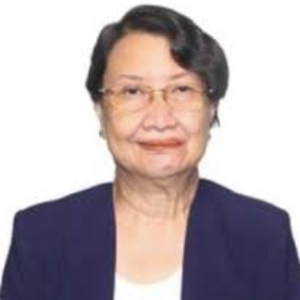Title : Investment in graduate education in food science and technology: Foreground for food systems development and innovations: Case of ASEAN countries
Abstract:
Investing in food science and technology education is a crucial step towards sustainable development and innovation in food systems of developing economies. This is the very premise of the Asian - European International Master’s Program on Food Science–Agro Food Industry that was jointly initiated in Southeast Asia by Ecole Nationale Supérieure des Industries Agricoles et Alimentaires (ENSIA) (ENSIA) and the Southeast Asian Ministers of Education Organization (SEAMEO ) The Southeast Asian Regional Center for Graduate Study and Research in Agriculture (SEARCA) Philippines in 2002. Graduates from Cambodia, Laos, Myanmar, Philippines, Thailand and Vietnam underwent a 19-month modular course offered in the Philippines, with lecturers coming from Europe (France, the Netherlands and UK) and Asia (Malaysia, Philippines, and Thailand) and with their required Thesis or research work undertaken in another country in Asia or Europe.
Two decades later, a look into home country-contributions of the 16 ASEAN nationals who benefited from this European Union Asia Link funded graduate course were traced and assessed. Specifically, this paper focused on how this graduate education program contributed to the evolution of the food science field in the beneficiaries’ respective countries, how it opened up access to private food companies for collaborative studies (or work) and enhanced academe-industry linkage in food science and technology and consequently how it paved the way for food systems development and innovation. Insights gained will provide specific lessons on planning and designing future investments in food science and technology education in developing economies



